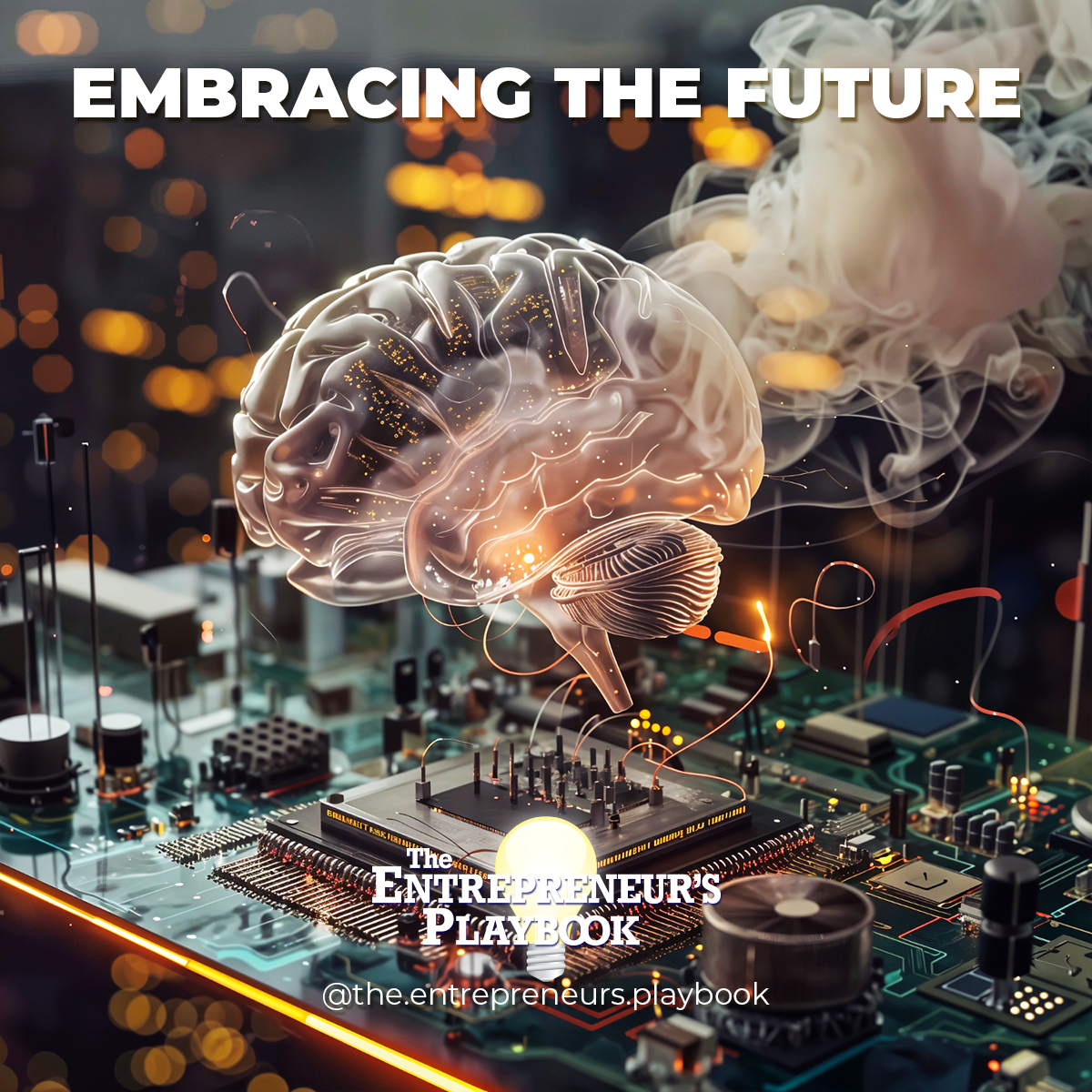As we navigate the uncharted waters of technological advancement and societal transformation, entrepreneurs are uniquely positioned to influence the trajectory of our collective future. The transition from the Age of Information to the Age of Intelligence, alongside the simultaneous emergence of the Fourth and Fifth Industrial Revolutions, presents extraordinary opportunities and significant challenges. This article explores the implications of these converging shifts and offers strategic insights for entrepreneurs seeking to thrive in this evolving landscape.
The road is still unclear as we are still getting through the muck and hype of today’s AI and LLMs. What will manifest as the pillars of the AI revolution are still being determined for the most part no matter what Elon Musk and Bill Gates are prophesizing.
The Age of Intelligence: Elevating Beyond Data
The Age of Information, marked by the vast proliferation of data and digital connectivity, is rapidly transitioning into the Age of Intelligence. This new epoch transcends mere access to information; it emphasizes the ability to extract meaningful insights and automate complex decision-making processes. Central to this transformation are Artificial Intelligence (AI) and Machine Learning (ML), which are fundamentally reshaping our interaction with technology and decision-making in business.
For entrepreneurs, this shift necessitates a fundamental reevaluation of how value is created. Competitive advantage will increasingly stem not from simply amassing data but from the ability to extract actionable intelligence. Companies that leverage AI to enhance operations, personalize customer experiences, and forecast market trends will position themselves for significant success. The capacity to make informed, data-driven decisions will become a hallmark of resilient, innovative businesses.
The Fourth Industrial Revolution: Redefining Boundaries
Simultaneously, the Fourth Industrial Revolution is maturing, characterized by the fusion of physical, digital, and biological technologies. This era is marked by groundbreaking innovations in robotics, the Internet of Things (IoT), autonomous systems, 3D printing, nanotechnology, and biotechnology. These advancements are not merely enhancing existing processes; they are creating entirely new industries and transforming traditional business models.
For entrepreneurs, the convergence of these technologies opens up unprecedented avenues for innovation. The ability to develop smart, interconnected products and services that integrate seamlessly into users’ lives will be crucial. As industries from manufacturing to healthcare undergo radical transformation, those who can harness these technologies to solve enduring problems will emerge as leaders in their fields.
The Fifth Industrial Revolution: A Human-Centric Paradigm
While we grapple with the implications of the Fourth Industrial Revolution, the Fifth is already beginning to unfold. This next wave emphasizes the collaboration between humans and machines, underscoring the importance of creativity, empathy, and stewardship in technological progress. The Fifth Industrial Revolution seeks not just profit but the betterment of society and the environment, urging entrepreneurs to integrate ethical considerations into their business strategies.
In this new era, the most successful ventures will align technological advancements with human values. Entrepreneurs must address pressing global challenges such as climate change, inequality, and social cohesion by creating solutions that foster sustainable development and enhance quality of life.
Strategic Imperatives for Entrepreneurs
1. Commit to Lifelong Learning
The rapid pace of technological evolution necessitates a commitment to continuous learning. Entrepreneurs should stay abreast of developments in AI, robotics, and other emerging technologies while deepening their understanding of human behavior and societal trends.
2. Cultivate Agile Business Models
Flexibility is paramount in navigating the unpredictable landscape of converging revolutions. Design business models that are modular and adaptable, capable of pivoting in response to technological breakthroughs or shifting market dynamics.
3. Prioritize Ethical Innovation
As technology’s influence expands, the responsibility of entrepreneurs grows. Ethical considerations must be integral to product development and business strategies. Solutions should not only generate profit but also positively impact society and the environment.
4. Foster Human-Machine Collaboration
Seek opportunities to enhance human capabilities through AI and robotics rather than merely automating tasks. The most successful enterprises will effectively combine human creativity and empathy with machine efficiency and precision.
5. Invest in Data Infrastructure and AI Capabilities
Establish robust data ecosystems that can fuel AI-driven insights. Develop or acquire the skills to transform raw data into actionable intelligence that informs strategic decision-making and fosters innovation.
6. Embrace Sustainability and Circular Economy Principles
With resource scarcity becoming increasingly urgent, entrepreneurs who develop sustainable solutions and circular business models will be well-positioned for long-term success.
7. Build Global and Interdisciplinary Networks
The complex challenges of this new era require collaborative, cross-disciplinary approaches. Forge networks that span different industries, cultures, and areas of expertise to foster resilience and innovation.

Conclusion
The convergence of the Age of Intelligence with the Fourth and Fifth Industrial Revolutions marks a pivotal moment in history. Entrepreneurs who adeptly navigate this multifaceted landscape—leveraging emerging technologies while remaining anchored in human values—will play a crucial role in shaping our collective future. By embracing continuous learning, ethical innovation, and adaptable strategies, entrepreneurs can not only build successful enterprises but also contribute meaningfully to addressing humanity’s most pressing challenges.
As we move forward, the opportunities for transformative innovation are boundless. The entrepreneurs poised for success will be those who envision a future where technology and humanity evolve in harmony, creating value that transcends the bottom line and enriches the human experience in profound ways.
